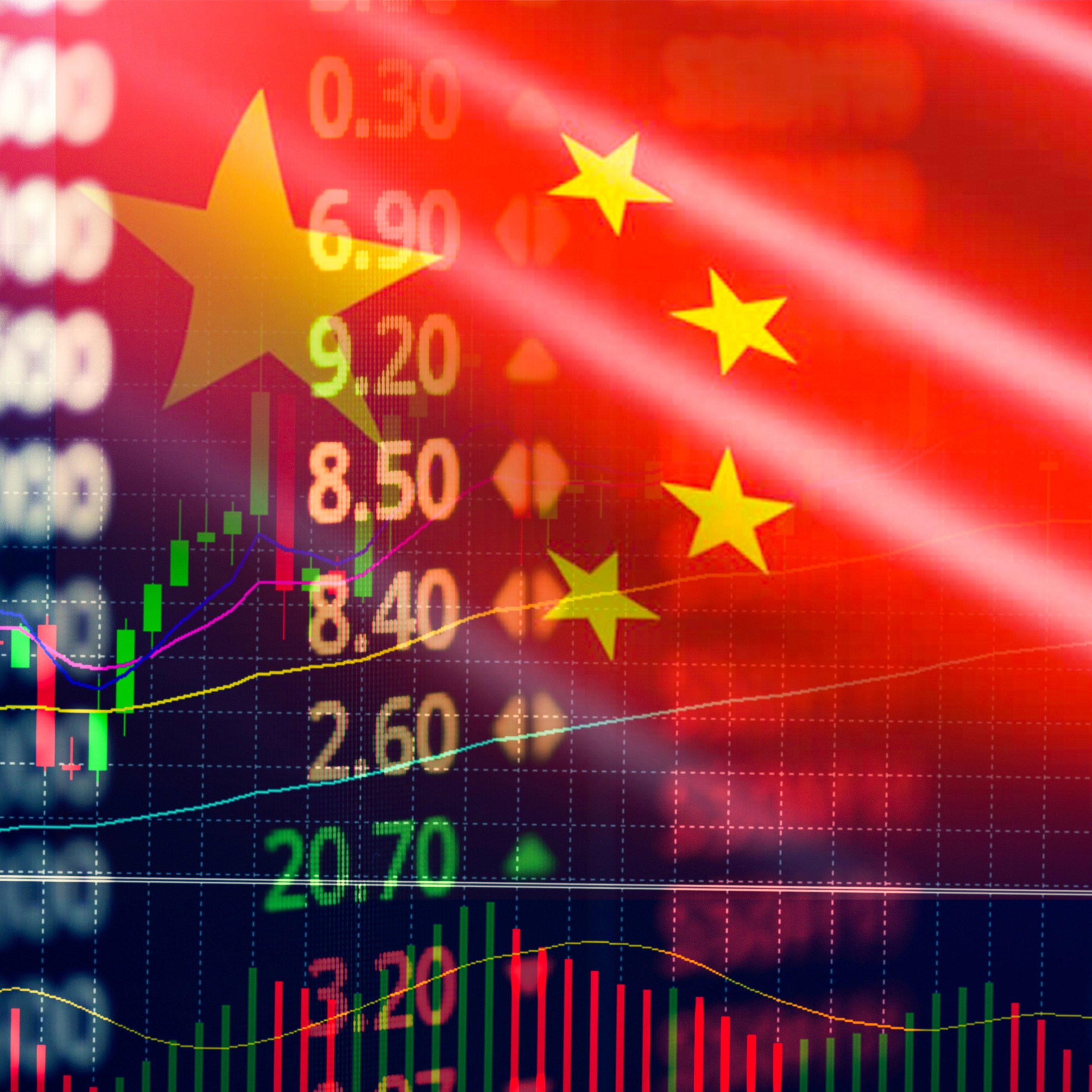Earlier this year, an IMF report forecast slower growth in China, declining as low as 3.4% in 2028. China’s real gross domestic product will likely tumble to 4.6% in 2024, compared to 5.4% in 2023. The IMF predicted China’s weak demand for exports, coupled with its looming real-state downturn, will significantly hamper growth rates in 2024. China’s recent efforts to trigger spending in the economy are being countered by its resilient population, which prefers to repay debt and buy wealth management products.
Though Chinese bank deposits are at an all-time low, consumer spending remains dull. Deflationary pressures in the economy had led retailers to slash prices across products and sectors. An analyst told Reuters that “data suggests Beijing’s efforts to ignite consumption, including trade-ins of consumer goods, to boost flagging economic growth have so far not been enough to encourage China’s savers to splash out at the shops.” Data from the People’s Bank of China highlighted hefty deposits worth $1.3 trillion in the first half of 2024, with an additional $2.4 trillion in June of this year. Rigidity in spending patterns comes as a shock to the Chinese government, which hoped to spur money flow in the economy with deep interest rate cuts.
Tommy Xie, head of Greater China research at OCBC Bank, reiterated the Chinese government’s concern due to the “year-on-year decrease in excess savings growth that has not translated into increased consumption. This may be related to households deleveraging by repaying loans early and shifting deposits to wealth management products.” Many analysts believe the Chinese government’s latest investments in sustainability, such as electric vehicles and solar panels, have compromised its focus on tailoring essential deflationary policies to spur economic activity. Thus, bolstering the saving sentiment in the Chinese economy.






